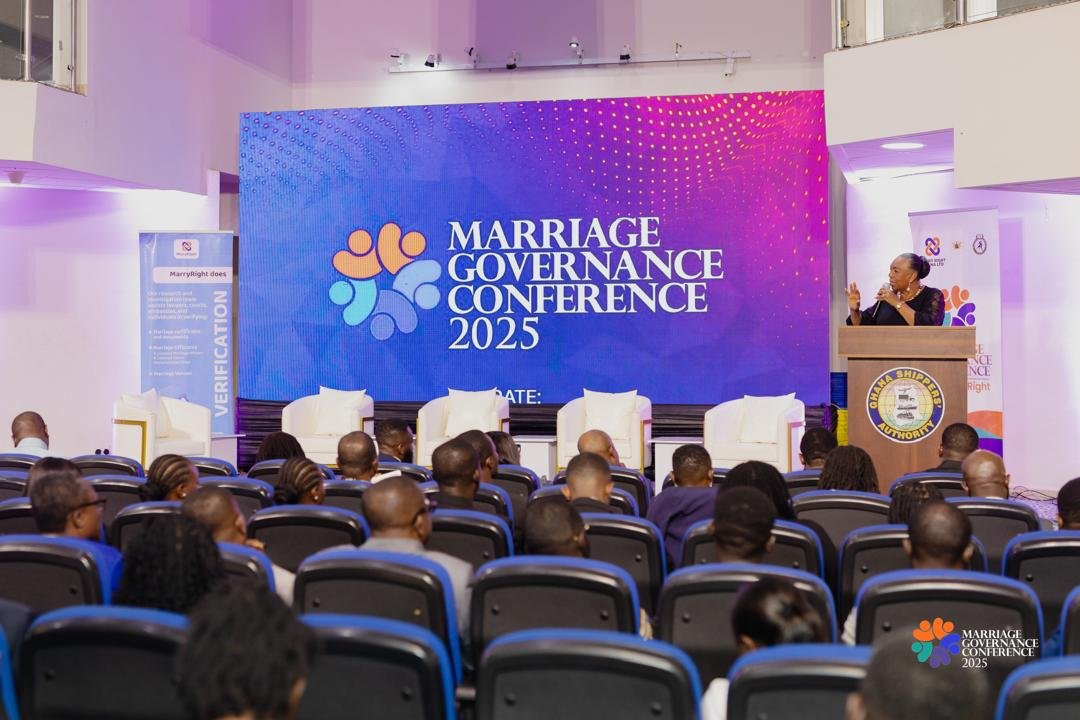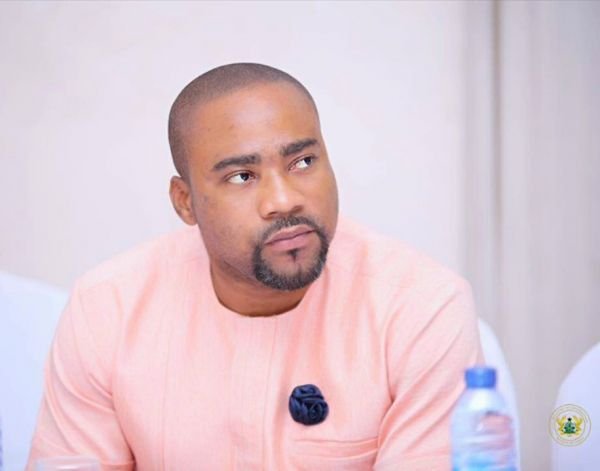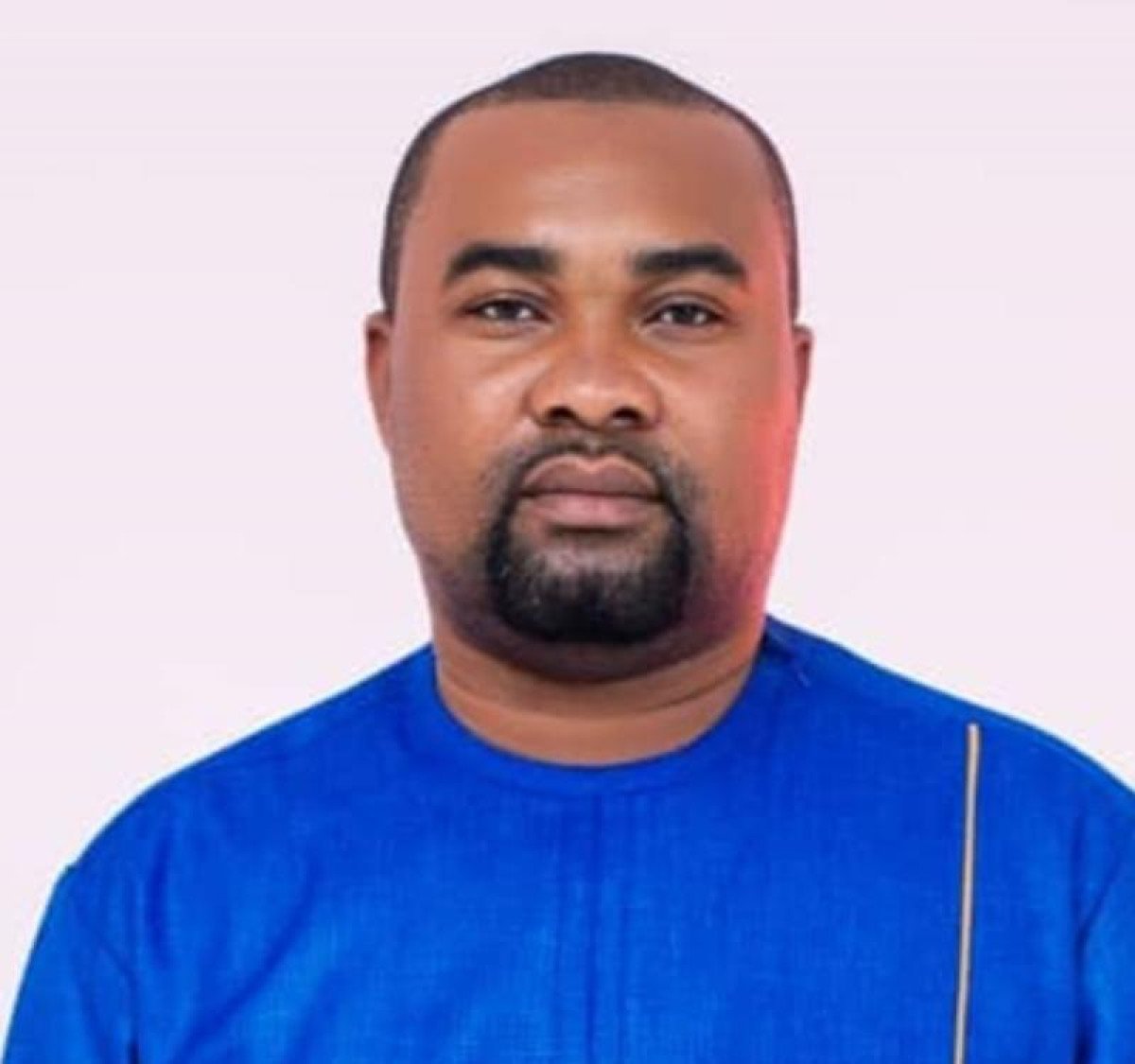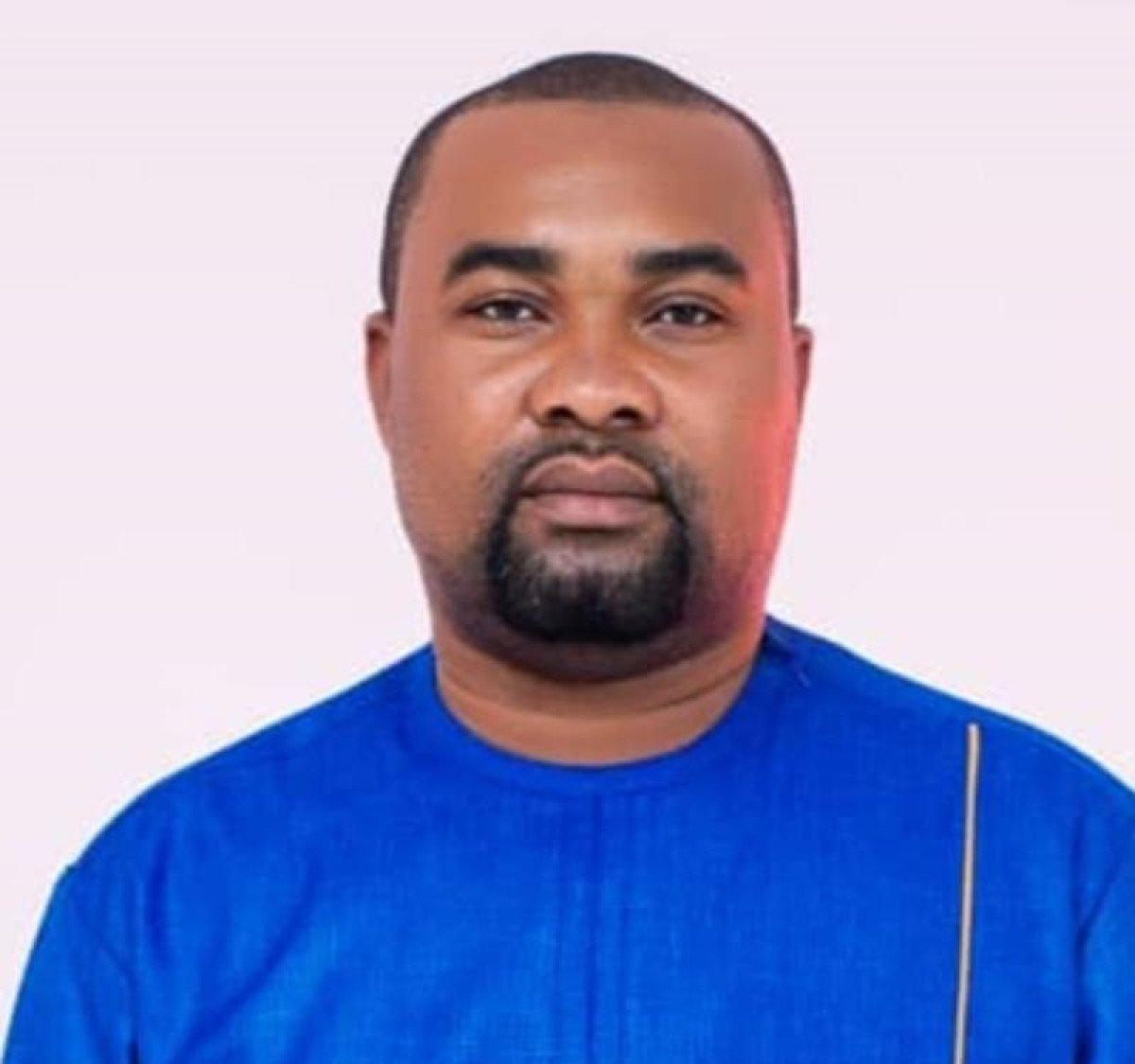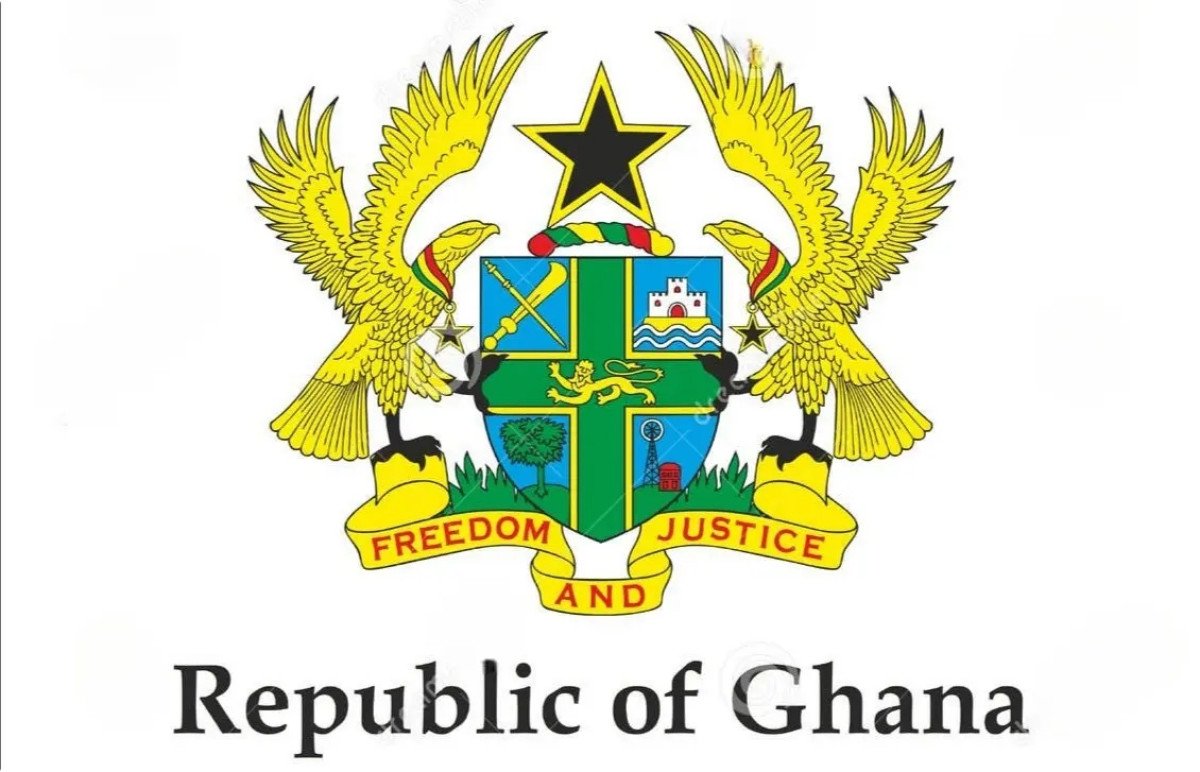At the 2025 Marriage Governance Conference, former Attorney-General and current Council of State member Betty Mould-Iddrisu called on the Government.
They sharply criticised Ghana’s Ministry of Interior, as well as the Ministry of Local Government, for failing to establish an administrative system to register Islamic marriages and license imams, a legal requirement that, she said, has been “observed more in the breach than in compliance.”
Serving as chairperson of the 2025 Marriage Governance Conference, Ms. Mould-Iddrisu warned that the absence of a functioning framework has left many Islamic unions either void or voidable, depriving spouses—particularly women—of critical legal rights and protections.
“As we speak, there is no system in place for the registration of Islamic marriages at the local assemblies. The Ministry of Interior has also failed to put in place any system for registering the Islamic Imams,” she said, noting that in some cases, couples are compelled to register Islamic unions as customary marriages instead.
Hon. Mould-Iddrisu called on the Minister of Interior to immediately institute administrative steps to enable imams to register marriages, and on the Ministry of Local Government and Metropolitan, Municipal and District Assemblies (MMDAs)to ensure that Islamic marriages are formally recorded.
Without such measures, she cautioned, countless marriages remain outside the legal system, leaving spouses vulnerable in matters of property rights, inheritance, and marital protections.
Her remarks also raised concerns that in several districts, especially in Ghana’s five northern regions, assemblies are not conducting ordinance marriages, further undermining marriage governance.
She urged clarification from the Attorney-General’s Department and the Registrar-General’s Department to resolve these gaps in implementation.
In her conclusion, she pressed for a comprehensive reform agenda, including law enforcement, digital inclusion in marriage registration, cultural sensitivity, and collaboration with civil society.
But at the center of her appeal was a demand for government ministries to do their basic duty: enforce existing laws and ensure that Islamic marriages are formally recognised.
“The failure or refusal of our institutions to act has left too many families unprotected,” she said. “It must be rectified now.”


